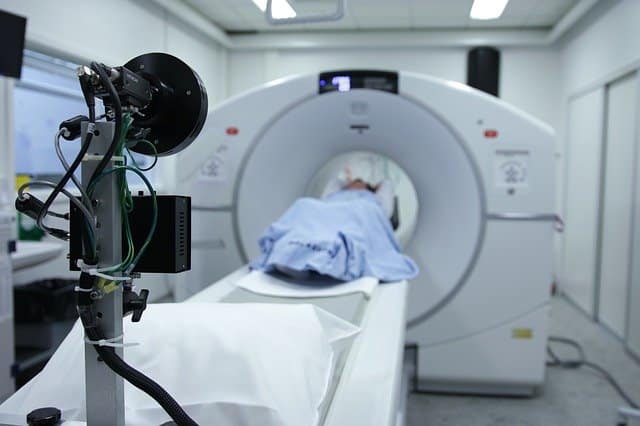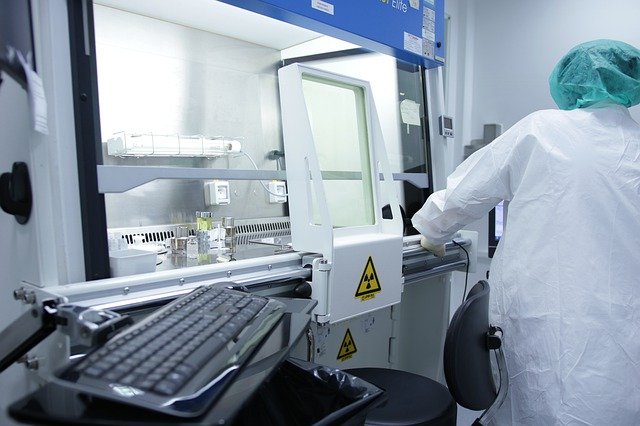
Electromedicine enables the development of diagnostics.
The concept of electromedicine refers to the application of electricity in the field of medicine . It is a specialty that is part of the group of so-called health sciences .
Before moving forward, it is important to analyze the main ideas associated with this term. Electricity is a force manifested from the rejection or attraction between charged particles . Its origin lies in the presence of two types of elementary particles: protons (which have a positive charge) and electrons (with a negative charge). This force is the basis of a form of energy , also referred to as electricity.
Medicine , meanwhile, is the set of techniques and knowledge that allow us to prevent, diagnose, treat and/or rehabilitate the different health disorders that people may suffer from . The professional in this area is known as a doctor .
Returning to the idea of electromedicine, it involves harnessing force or energy based on the interaction of charged particles to perform a diagnosis or medical treatment . Electromedicine thus enables the design, manufacture and use of electrical equipment used in the field of medicine or health sciences in general.
Mission of electromedicine
Electromedicine involves knowledge of computer science , electronics , physics , mathematics , biology and physiology , among other areas. That is why its specialists receive interdisciplinary training that guarantees them the theoretical support essential for the development of their tasks.
Electromedical experts are able to work in the design, construction and refurbishment of medical technology or healthcare equipment . This equipment is used to diagnose, treat and monitor diseases or conditions that affect the well-being of individuals.
In short, it can be said that electromedicine makes it possible to apply science and technology in health care, whether for prevention, diagnosis, treatment or rehabilitation.

Health centres rely on electromedicine.
Electromedicine seeks to improve and extend life . Its contributions help in the early detection of diseases; in minimizing pain; in mitigating the consequences of injuries ; and in alleviating or reversing a disability, for example.
Application of this knowledge
Electromedicine plays a role in the daily activities of hospitals and health centres in many ways. Monitoring vital signs and providing temporary organ support, to name two, are carried out using electromedicine.
The university technician in electromedicine is trained to carry out the installation, maintenance and repair of the devices, detecting and solving any faults and making the necessary adjustments for their correct operation. He can also provide advice on everything related to health technologies and train doctors in the use of the equipment .
Typically, electromedical specialists work in a health center, whether it be a hospital , clinic , sanatorium or other public or private institution. They can also work in companies that manufacture and distribute these types of products.
